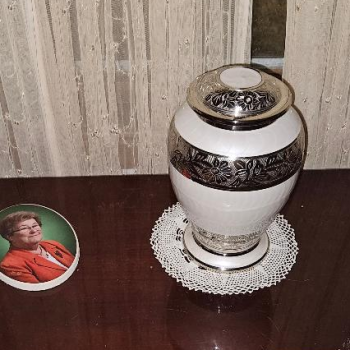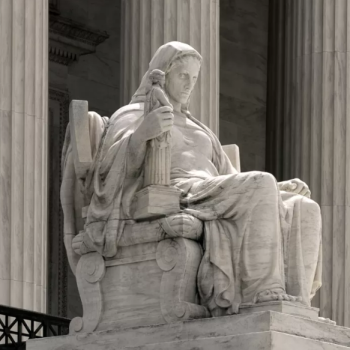The view of all the religions -- at least those more than a millennium old, let's say -- is that not all human history is an undisturbed line of progress of thought, in which we are emerging from shadow into light due to higher applications of reason. That view, which began taking hold in the West after the Enlightenment, really began to crumble in the lacerations of the early 20th century. Interreligious dialogue is emerging as a new method to address some of the same questions that gave rise to Modernity: namely, the question of how to keep people of different religions (especially Catholic and Protestant) from killing each other. The Enlightenment view of tolerance, following figures like John Locke and Thomas Jefferson, offered a polite distancing from religion in order to cultivate civility.
The model offered through this age of interreligious dialogue is very different: deep immersion in a religious tradition in order to speak honestly to the religious other, similarly immersed in her tradition. It is impossible to say where that dialogue will lead; but it is possible to observe why it is better than the Enlightenment model of tolerance. That view suggests we move away from religion; and moving away from religion is moving away from the deepest, most passionate, most robust, most perplexing, most significant questions we face as human beings. It suggests that we ignore millennia of religious reflection, thousands of pages of meditation on how human beings have loved and suffered, and the examples of hundreds of saints and sages, in favor of a rather undeveloped sense of starting fresh with some vague hope of being reasonable together.
What makes interreligious dialogue exciting is precisely that it acknowledges the vast difficulty of encountering a deeply passionate religious other -- another whose passion is rooted in an altogether different vision of the world than mine, and with whom I am ready to risk the adventure of seeking truth together.
Tim Muldoon is a Catholic theologian, author, speaker, and retreat leader specializing in the ways that Church traditions speak to contemporary life. He has written extensively on the themes of young adult spirituality, Ignatian spirituality, theology in postmodernity, sexuality and marriage, and adoption issues, and is a frequent contribut to Patheos.




